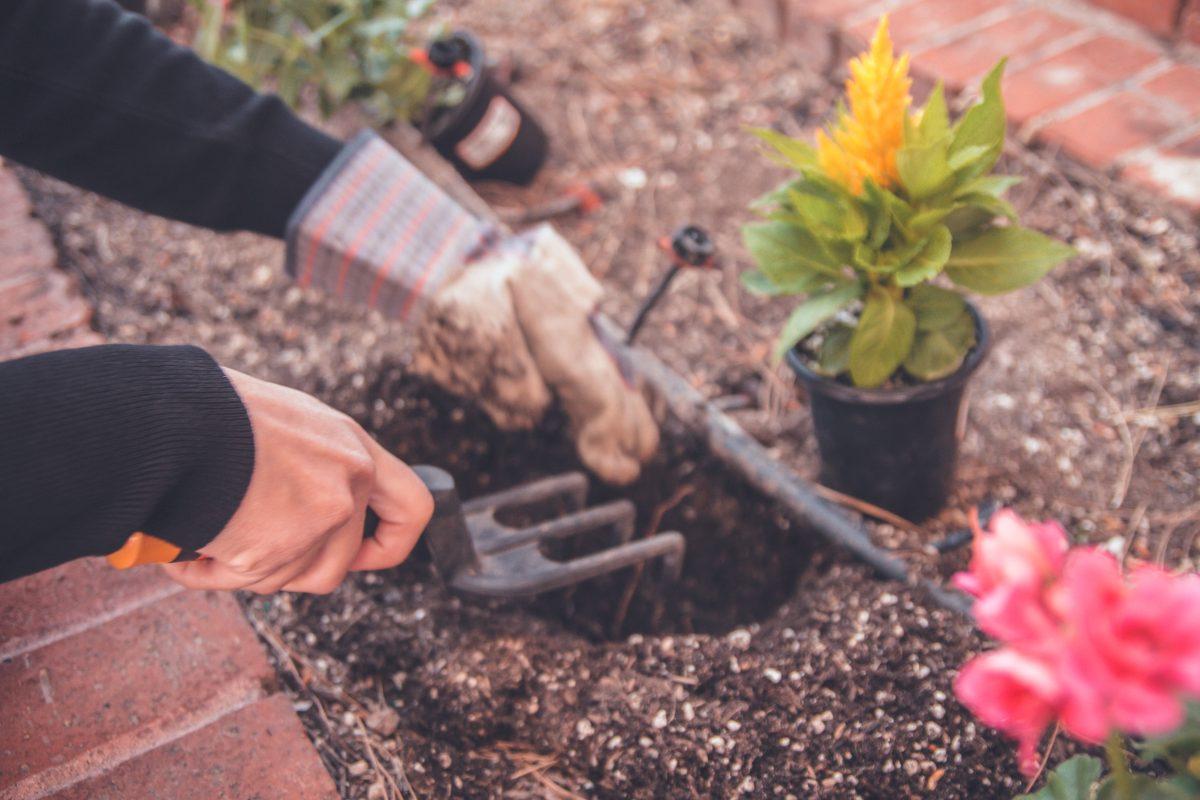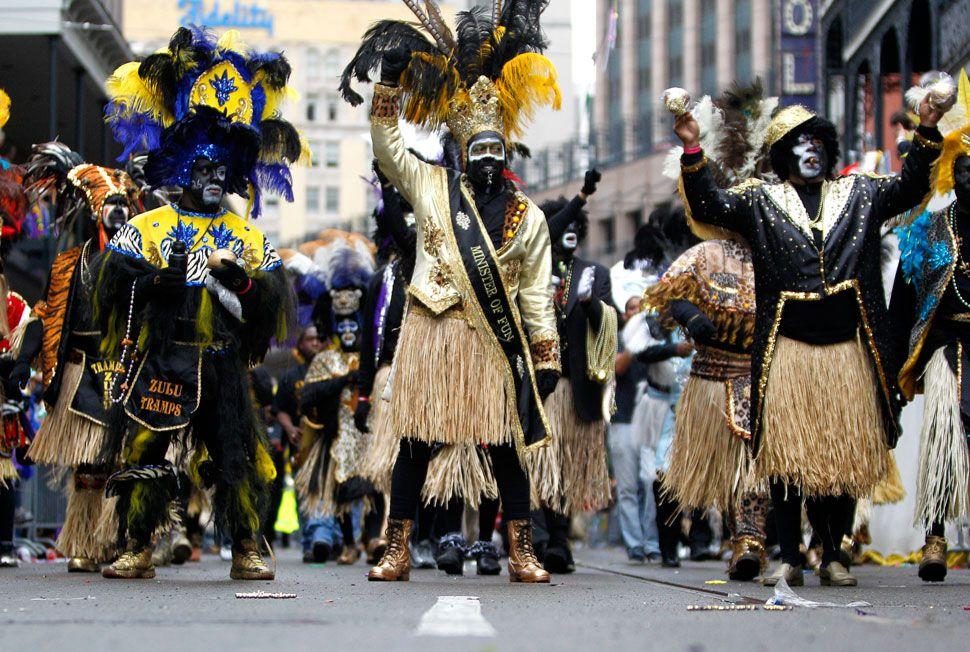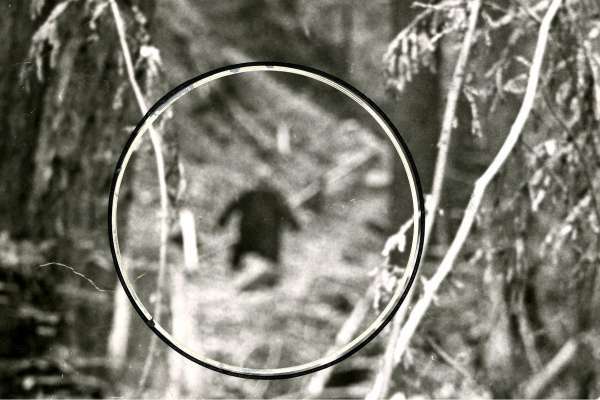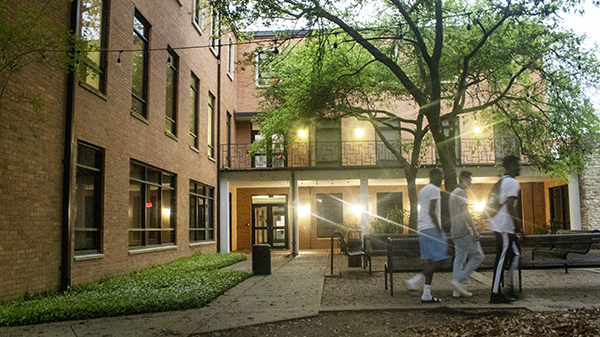Former Texas state senator Wendy Davis captured America’s attention in June 2013 as she filibustered in pink running shoes for 11 hours to block an omnibus anti-abortion bill from passing through the GOP-controlled legislature. After falling short in her gubernatorial campaign in 2014, Davis planted those shoes in a new digital hub called Deeds Not Words, designed to give millennial women the resources needed to make social change.
“Deeds Not Words is a response,” Davis said. “It’s a response to a number of young women everywhere I go repeating the same question. What do we do? It’s for women who are passionate about trying to make a difference and who care about a myriad of issues surrounding gender issues but who need some guidance on how to move their connections to a concrete action.”
The website, DeedsNotWords.com, operates by allowing viewers to sign up for a weekly newsletter which includes the former state senator’s personal thoughts, testimonies from women across the country and ideas on how to take action in order to provoke social change.
“There are a myriad of organizations doing amazing work on all issues gender related, and yet so many of us have never heard of them before,” Davis said. “They need a megaphone and there are a lot of people who need a connection to that megaphone. Our hub will serve a purpose to make that happen but our hub will also be a place for young women to meet each other, to share their stories and to receive inspiration from each other about ways they’ve gotten involved.”
However, the platform will exist outside of the internet as well. Within the next year, Deeds Not Words will establish and work with 10 college campuses to define a social issue that matters to the student body and then provide the campus with the resources and tools needed to make headway in said issue.
A concrete rubric isn’t in place for how a campus will be selected as a charter. Davis said much of the process will be organic and the organization will seek diverse universities in need of the resources Deeds Not Words will provide. Although the search isn’t complete, Davis confirmed Texas will be home to at least one charter.
Davis said three reasons exist behind her wanting to create a platform aimed at female millennials – her desire to even the playing field, the undue influence millennials can have over government policy and her obligation to serve the audience she captured almost three years ago.
“From a very deep place in my heart comes a desire to even the playing field, to create an opportunity for women to become as successful in realizing their dreams as men are able to do,” Davis said. “In my own experience as a 52-year-old woman, I’ve seen just about every obstacle that can be thrown in one’s way in that regard. I understand the playing field and I understand how much work we have to do.”
With that, Davis said millennials have a greater influence than they realize, which is why she wants to target that generation to become politically active and civically engaged.
“18 to 33 year-olds in this country have the opportunity to exercise an undue influence in policy making,” she said. “By the year 2020, millennials will occupy 40 percent of the total voting population in this country, and yet in 2014 in the mid-term election when almost every state legislature is being elected across this country, only 23 percent of millennials showed up to vote.”
Davis credited low voter turnout, among other things, to the lack of glamor surrounding midterm elections.
“I know it’s really popular and exciting to vote in a presidential election, and of course we all ought to do that, but these midterm elections really determine the policies that are affecting so many of us,” Davis said. “Look no further than Texas and it’s anti-voting rights, anti-reproductive rights, anti-education funding support, to understand how and why women ought to care about what’s happening in state legislatures.”
In addition, though, Davis said millennials face a systemic issue of political efficacy.
“I’ve heard so many times from young people the idea that their one vote won’t possibly matter, why should they bother,” Davis said. “But of course, cumulatively, they add up and they do matter tremendously. If they would express a desire that politicians meet them where they are, speak to their values, speak to their concerns, we could literally shift the conversation in this country.”
Executive Director of the Global Center for Journalism and Democracy Kelli Arena said that problem specifically exists in the female gender.
“Women are not taught to speak up or to have an opinion or be argumentative and I think we can talk about that for a year,” she said. “Most women worry that they don’t know enough, that they don’t have enough experience, they don’t have enough influence to be able to contribute.”
Davis said much of her desire to jumpstart Deeds Not Words came from an overwhelming obligation to give back to the women she stood up for three years ago during her filibuster.
“I have a wonderful privilege of having captured the attention of young women across this country the day that I stood and filibustered the anti-abortion bill in Texas almost three years ago and I feel an obligation to this beautiful, amazing, talented, intelligent audience that I have to help them move their skills and their talents into productive action,” she said.
Both Arena and Davis agreed that investing in women consistently results in a bettered community as a whole as opposed to solely investing in the community’s men.
“Research consistently shows that if you invest in women in a community the whole community benefits, but when you invest in men, the men benefit themselves and typically leave,” Arena said. “There just seems to be some disconnect between what we know and what we’ve been able to accomplish.”
Deeds Not Words is designed to give young women a positive advocacy experience, something Davis said she personally experienced in her own community which jumpstarted her public service career.
“When we become advocates, when we move our passion into some form action, regardless of what that looks like, it tends to create lifelong involved, civically engaged citizens and that’s what I’d love to create with this organization,” she said.
In regards to her role in an elected office, Davis said she’s not sure where her Deeds Not Words journey will take her. Her public servitude rests at her core, though.
“Right now I’m finding a way to channel that service through Deeds Not Words and I’m thrilled with the opportunity to do that,” she said. “It may mean that one day I continue my public service career in an elected office but it may not. If I have the privilege and opportunity to do that again I would love it. But if not, I would feel privileged just to keep my voice heard and keep fighting for the things I care about.”
As far as the infamous pink shoes, Davis said they’re safely stored away in hopes to one day be passed down to her future granddaughter.
“I’d like to pass those on to her kind of as a symbol of her own ability to stand up to the world and fight for whatever it is she believes in and I hope one day she passes them on to her granddaughter,” Davis said.
For more information visit DeedsNotWords.com















Rather be Anonymous • Apr 27, 2016 at 9:22 am
This is an amazing example of how a woman with a social conscience can empower other women. You go girl! I’ll be checking out the resources Deeds Not Words provides.
Rather be Anonymous • Apr 27, 2016 at 9:22 am
This is an amazing example of how a woman with a social conscience can empower other women. You go girl! I’ll be checking out the resources Deeds Not Words provides.
Rather be Anonymous • Apr 27, 2016 at 9:22 am
This is an amazing example of how a woman with a social conscience can empower other women. You go girl! I’ll be checking out the resources Deeds Not Words provides.
Rather be Anonymous • Apr 27, 2016 at 9:22 am
This is an amazing example of how a woman with a social conscience can empower other women. You go girl! I’ll be checking out the resources Deeds Not Words provides.